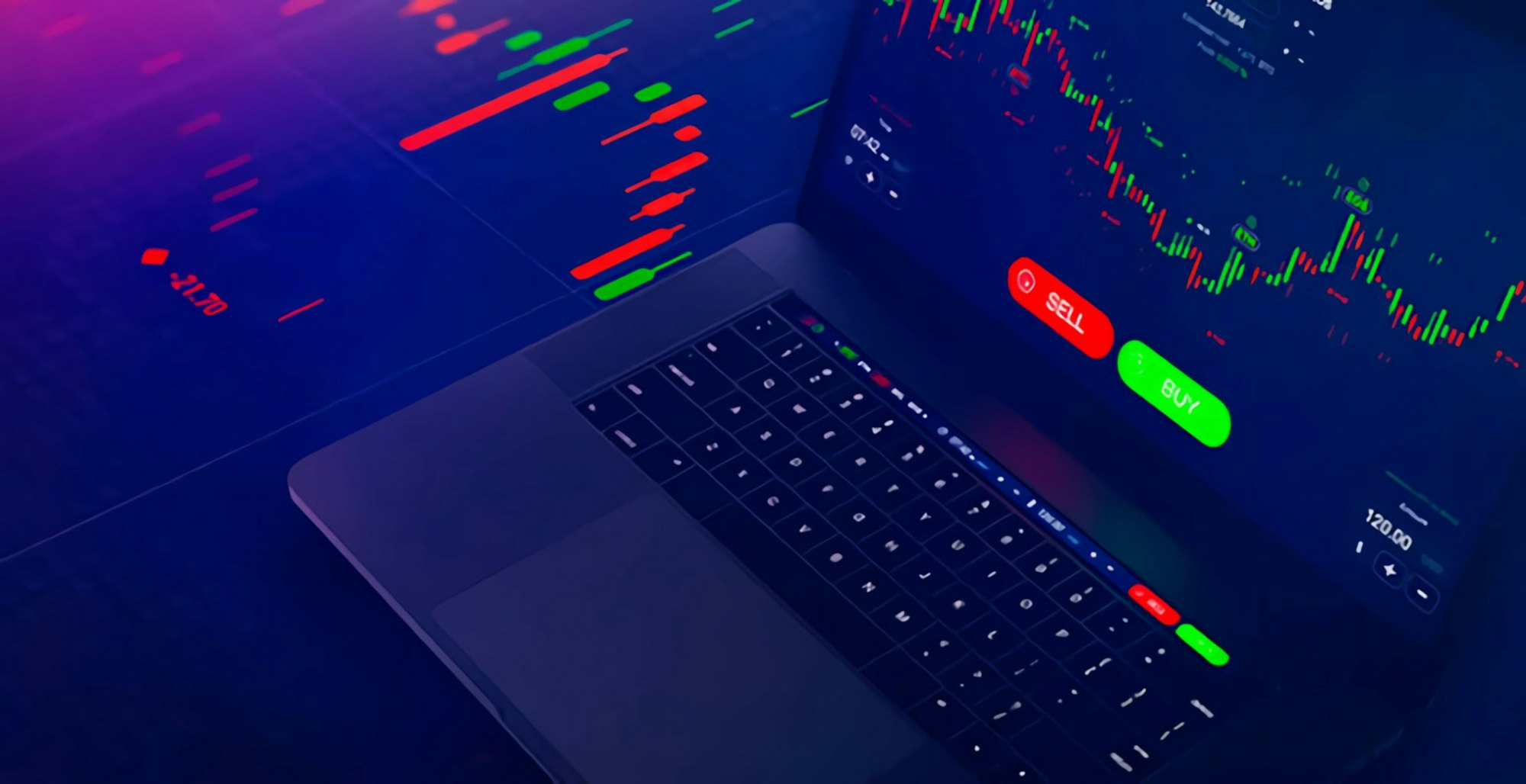Why is the cryptocurrency market falling today
The One Belt One Road initiative could allow China to control the artery of trade in global emerging markets, where most growth will take place in the coming decades. https://zodiac-casino-online.org If the PBOC issues its own cryptocurrency and uses it to replace the dollar for trade along the belt and road, it could challenge the dollar’s dominance and offer optionality to these countries. A considerable portion of the belt and road trade and investments are being carried out by Chinese state-owned enterprises with a political mandate. This could make the implementation of a PBOC-backed cryptocurrency more efficient. Such a digitally controlled approach could allow China to strike a balance between capital control and RMB internationalization that wasn’t possible before.
India also had a ban on crypto, but its Supreme Court removed it in 2020. Following this, a Cryptocurrency and Regulation of Official Digital Currency Bill has been scheduled to pass through parliament but faced delays. It would aim to enable the creation of an official digital currency by the Reserve Bank Of India.
Regulation has long been a hot topic in crypto. However, President Biden’s recent Executive Order calling for the responsible development and regulation of digital assets, specifically refers to exploratory efforts to investigate the environmental benefits of distributed technologies. This landmark Executive Order shows that governments are beginning to recognize that the debate around cryptocurrency and the environment should not focus just on energy consumption, but on positive projects like KlimaDAO that are bringing much needed transparency and liquidity to carbon markets.
Cryptocurrency trading platforms
Cryptocurrency investors who use the instant buy feature will incur a charge for the service. The fee will vary depending on the funding method, market conditions, order size, and asset type. When ready to execute the trade, investors will find the fee included in the pricing.
Most centralized exchanges allow you to deposit funds via your bank account, credit card, or debit card to purchase cryptocurrency. You can then exchange those funds for the cryptocurrency of your choosing. While some offer only simple market orders, other exchanges will allow you to set more advanced order types, including limit and stop orders.
Coinbase also insures the digital funds it holds on behalf of users and stores U.S. dollar balances in Federal Deposit Insurance Corporation (FDIC)-insured bank accounts to prevent a loss of user funds in the case of a security breach. Trading accounts can be funded with a wide range of payment methods, including wire transfer and ACH transfer.
If you are looking for an excellent mobile crypto trading experience, Crypto.com is arguably the best option thanks to its range of products and features, as well as its large number of supported assets.
Opening an account on a cryptocurrency exchange works similarly to signing up for an online brokerage account. Investors will need to provide personal and financial information to open an account successfully.
Cryptocurrency
Transaction fees (sometimes also referred to as miner fees or gas fees) for cryptocurrency depend mainly on the supply of network capacity at the time, versus the demand from the currency holder for a faster transaction. The ability for the holder to be allowed to set the fee manually often depends on the wallet software used, and central exchanges for cryptocurrency (CEX) usually do not allow the customer to set a custom transaction fee for the transaction. Their wallet software, such as Coinbase Wallet, however, might support adjusting the fee.
The rewards paid to miners increase the supply of the cryptocurrency. By making sure that verifying transactions is a costly business, the integrity of the network can be preserved as long as benevolent nodes control a majority of computing power. The verification algorithm requires a lot of processing power, and thus electricity, in order to make verification costly enough to accurately validate the public blockchain. Not only do miners have to factor in the costs associated with expensive equipment necessary to stand a chance of solving a hash problem, they must further consider the significant amount of electrical power in search of the solution. Generally, the block rewards outweigh electricity and equipment costs, but this may not always be the case.
Bitcoin’s founder, Satoshi Nakamoto, supported the idea that cryptocurrencies go well with libertarianism. “It’s very attractive to the libertarian viewpoint if we can explain it properly,” Nakamoto said in 2008.
Variable renewable energy power stations could invest in bitcoin mining to reduce curtailment, hedge electricity price risk, stabilize the grid, increase the profitability of renewable energy power stations and therefore accelerate transition to sustainable energy.












